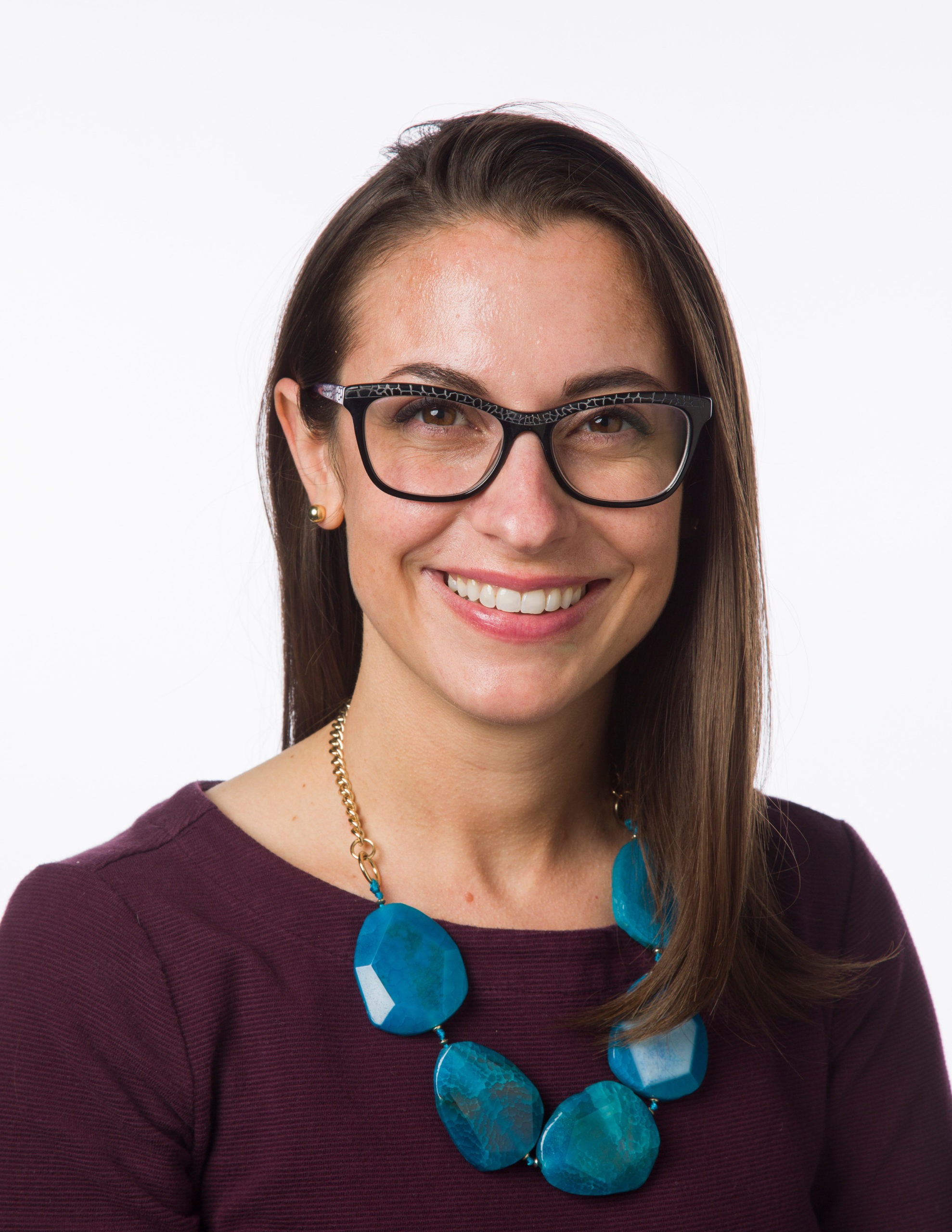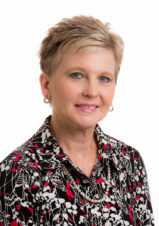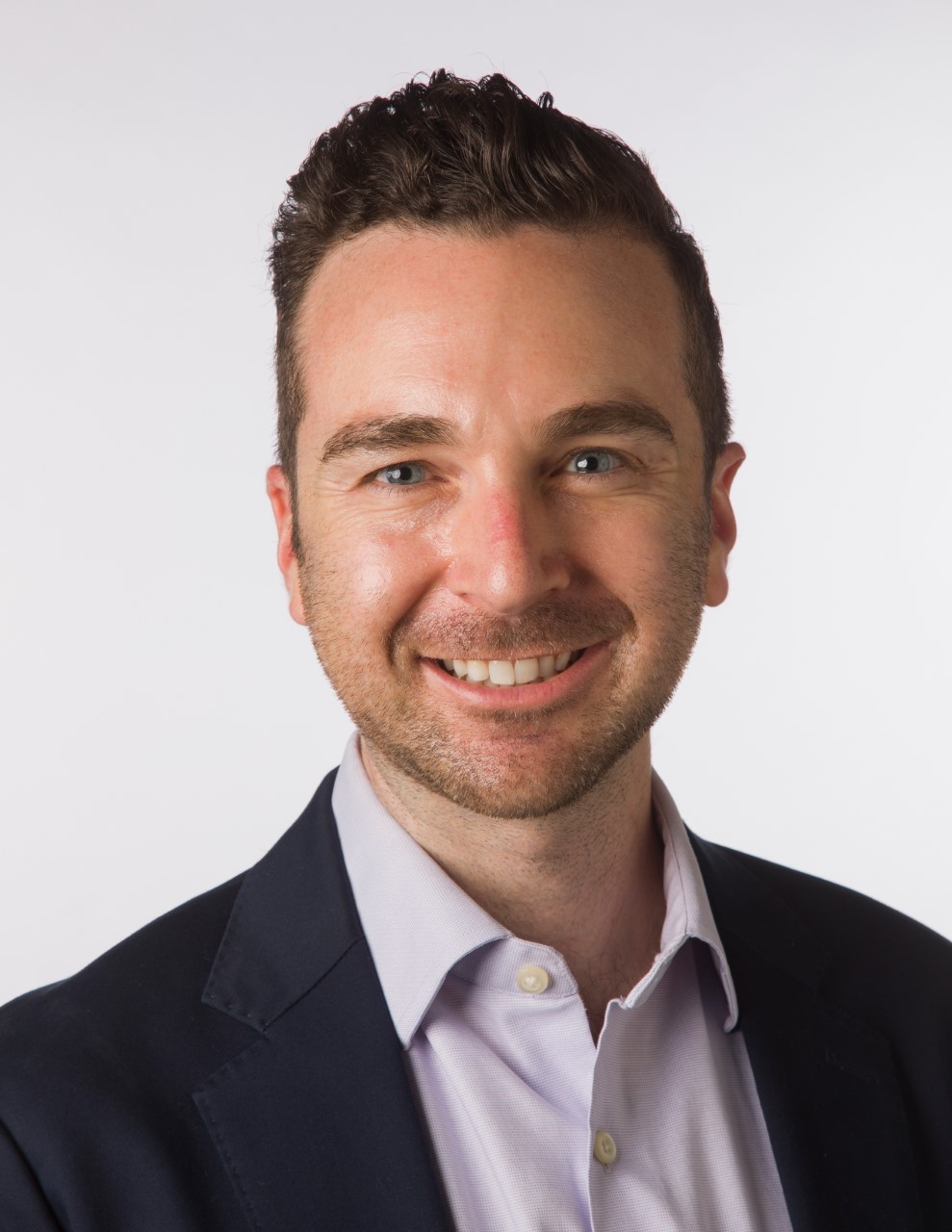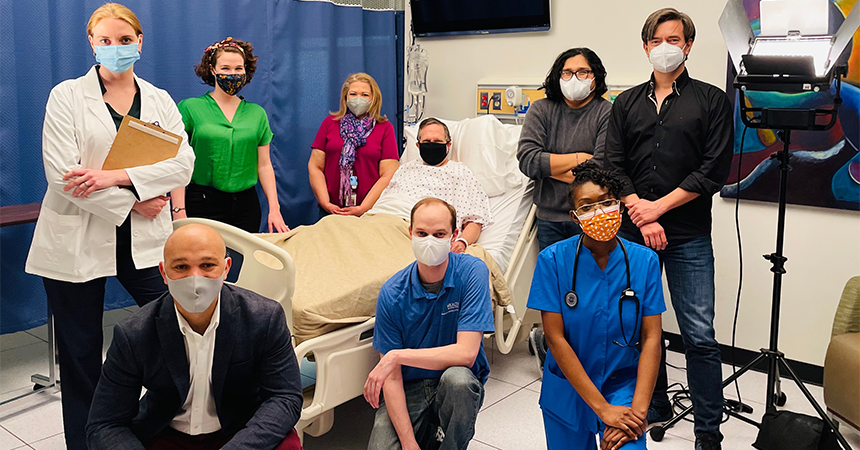School of Public Health
Category: Uncategorized

December 9, 2021 • Uncategorized
By Sally Crocker The 2021 holiday travel season is well underway. More than 2.3 million people were screened at airports around the country on the Sunday after Thanksgiving, the busiest air travel day since the start of the pandemic. Millions more are planning to fly by the end of December – with airlines continuing to…

November 4, 2021 • Front Page, Uncategorized
By Sally Crocker The first Hope Award honoring a volunteer whose extraordinary efforts make a significant difference in advancing the mission of the Center for Transforming Lives (CTL) has been presented to Dr. Erika Thompson at the University of North Texas Health Science Center at Fort Worth (HSC). Dr. Thompson is an Assistant Professor in the Department of Biostatistics…

November 1, 2021 • Front Page, Uncategorized
By Sally Crocker Robyn B. Remotigue, MPPA, CRA, Executive Director of the Office of Research Services at the University of North Texas Health Science Center at Fort Worth (HSC) School of Public Health has been elected as incoming Secretary for the National Council of University Research Administrators (NCURA), to serve a two-year term beginning January…

November 1, 2021 • Uncategorized
By Sally Crocker Nolan Kline, PhD, is the kind of person who can’t sit by when action is needed. A defining moment early in his college experience led Dr. Kline to a career in public health education, research and service, and as a new faculty member in the HSC School of Public Health, he now…

September 28, 2021 • Uncategorized
Simulation has long been recognized as a highly effective andragogical tool for enhancing problem-solving and communication skills. Actors in such simulations have been used since the 1960s to portray example patients and aid in training programs to assess diagnostic capabilities and empathy. While simulation through standardized patients, manikins, and video-based methods are commonplace in clinical…

Social media